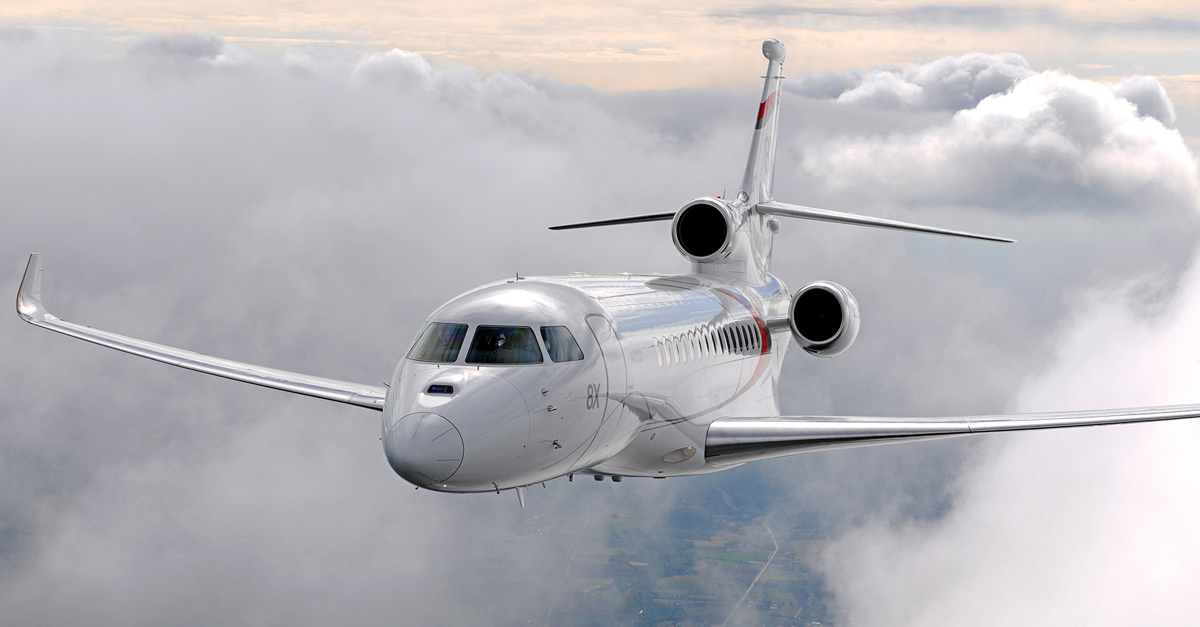
July 2, 2018
The International Civil Aviation Organization (ICAO) Council has formally adopted a series of technical rules for the measurement and reporting of carbon emissions from aircraft under the upcoming Carbon Offsetting Reduction Scheme for International Aviation (CORSIA).
Scheduled for implementation in January 2019, CORSIA aims to cap worldwide carbon dioxide (CO2) emissions from aviation. International operators emitting more than 10,000 metric tons of CO2 annually on flights between approximately 74 participating nations will be required to purchase carbon credits to offset growth above 2020 CO2 levels.
Steve Brown, NBAA chief operating officer, noted the Standards and Recommended Practices represent the logical progression of steps necessary for the implementation of CORSIA, and pose no significant changes from prior ICAO guidance for the industry.
“NBAA is pleased to see this process continue to unfold in line with our expectations, and we commend ICAO for continuing to mature this program and provide guidance and information that we believe is useful and helpful to operators,” he said. “Our industry remains committed to demonstrating good environmental stewardship, and NBAA will continue our involvement in this process through IBAC as development continues.”
Brown added that CORSIA requirements are in line with measures previously outlined through the 2009 Business Aviation Commitment on Climate Change that included a pledge for carbon-neutral growth across the global business aviation industry after 2020.
Operators seeking guidance about their CORSIA obligations to participate in one of several IBAC-sponsored workshops scheduled worldwide this year, including at the 2018 NBAA Business Aviation Convention & Exhibition (NBAA-BACE), taking place Oct. 16-18 in Orlando, FL.
IBAC’s Countdown to CORSIA resource is available to help operators determine their obligations under the program. ICAO is also developing a CO2 Estimation and Reporting Tool that will allow operators to enter their flight information details to calculate the total fuel burn per year based on arrival and departure airports in CORSIA-participating nations, based on great circle route and time aloft.
ICAO members will meet later this year to determine final steps ahead of CORSIA implementation.


 International Business Aviation Council Ltd.
International Business Aviation Council Ltd.